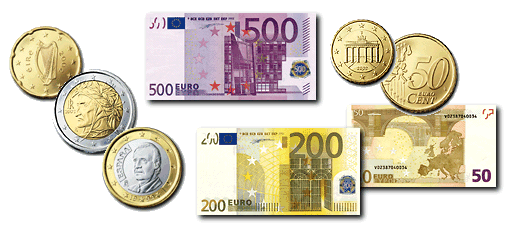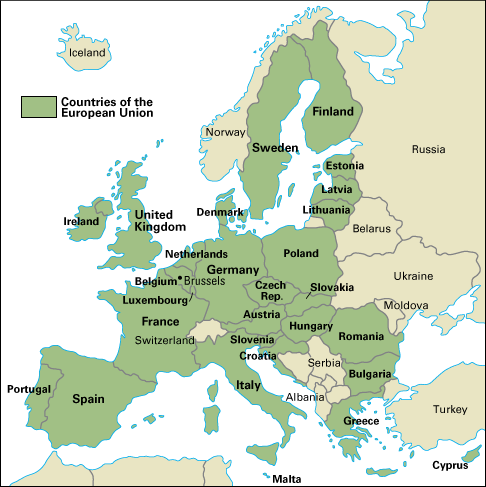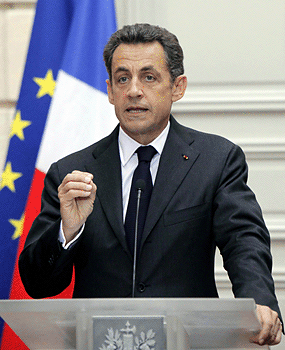Greek Debt Crisis Becomes More Acute
Monday, February 9th, 2015February 9, 2015
This coming week will be critical for Greece and its debt crisis. Last week, the European Central Bank (ECB), the central bank for the 19 member countries of the European Union (EU) that have adopted the euro as their currency, refused to consider restructuring the national debt of Greece.

Alexis Tsipras, leader of the anti-austerity party Syriza, was chosen as prime minister of Greece after parliamentary elections there on Jan. 25, 2015. Credit: AP Photo
The new finance minister of Greece, Yanis Varoufakis, traveled to Berlin last week to discuss his nation’s financial difficulties. The funding that was granted to Greece by the ECB five years ago in a bailout of Greek banks is about to come due, and Greece needs to refinance that sum. Varoufakis was hoping the ECB would continue normal funding of Greece for the next several months, allowing the newly elected government of Greece time to renegotiate a lower rate of debt with its creditors.
The ECB wants Greece to refinance the full amount owed to the ECB for another term. The Greek prime minister, Alexis Tsipras, and his party, Syriza, were elected on a platform of anti-austerity and debt reduction, however, by an electorate thoroughly disenchanted with EU policy on debt. Tsipras believes he must negotiate a reduction in the amount of debt refinanced for the good of the Greek people and his party’s political credibility.
Greek debt has been a thorny issue for the EU for some time. During the boom economic times of the 2000′s until the end of 2007, Greek banks sold more bonds (debt) than was financially responsible. With the economic meltdown and the global Great Recession that began in 2008, weakness in the Greek economy led investors to find such bonds less attractive. Greek banks had far too little capital (money on hand) to weather the change. By 2010, the crisis of confidence in Greek debt was so severe that the nation had no access for financing its debt—that is, no one wanted to buy bonds to finance the government of Greece or its banks. The EU, through a group known as the “troika”—the ECB, the European Commission, and the International Monetary Fund (IMF)—eventually loaned Greece some 300 billion euros ($340 billion).
With the bailout, the European Union imposed a series of austerity measures on Greece. These measures included cuts to social spending, pensions, and minimum wages, and increases to personal income taxes. Such austerity measures are intended to reduce a nation’s indebtedness. However, during a recession, a government often needs to increase spending to stimulate growth in its economy. In 2010, Greece was entering a recession (which it has only recently left). During this recession, Greek debt increased. In 2009, the ratio of debt to gross domestic product (GDP—the market value of all final goods and services produced in a country during a given period) in Greece was 130 percent. In 2015, the ratio had increased to 170 percent. Greece is somewhat trapped. Government money used to increase jobs—unemployment in Greece is at 27 percent—might lead to economic growth and increased tax revenue, but such spending is barred under the terms of the loans from the EU. Furthermore, as its tax revenues decrease with fewer workers earning lower wages, Greece has less money to pay the debt it has incurred.
Other World Book articles:





